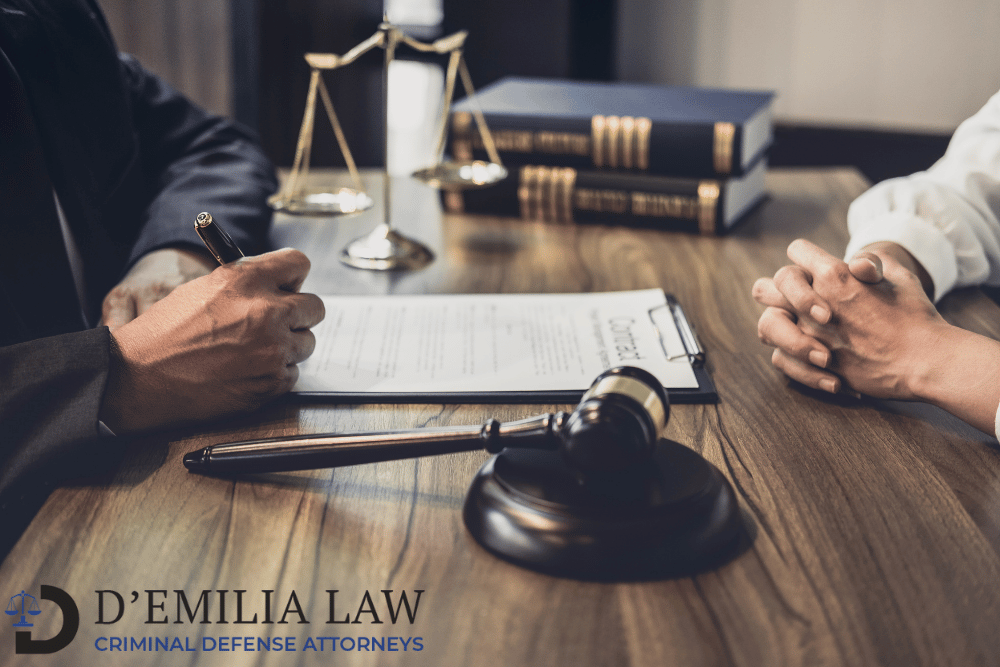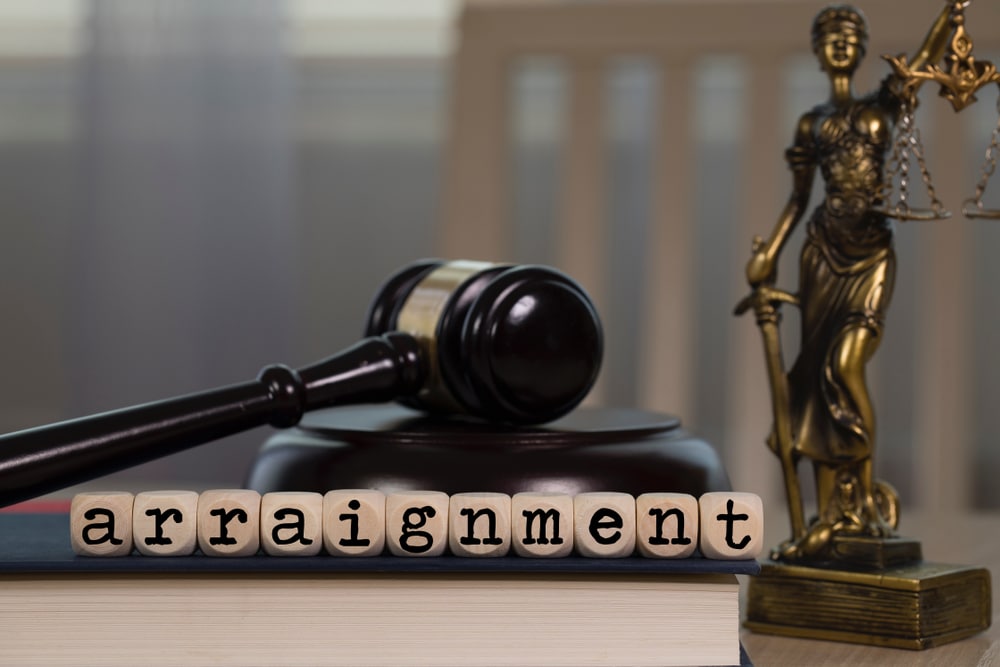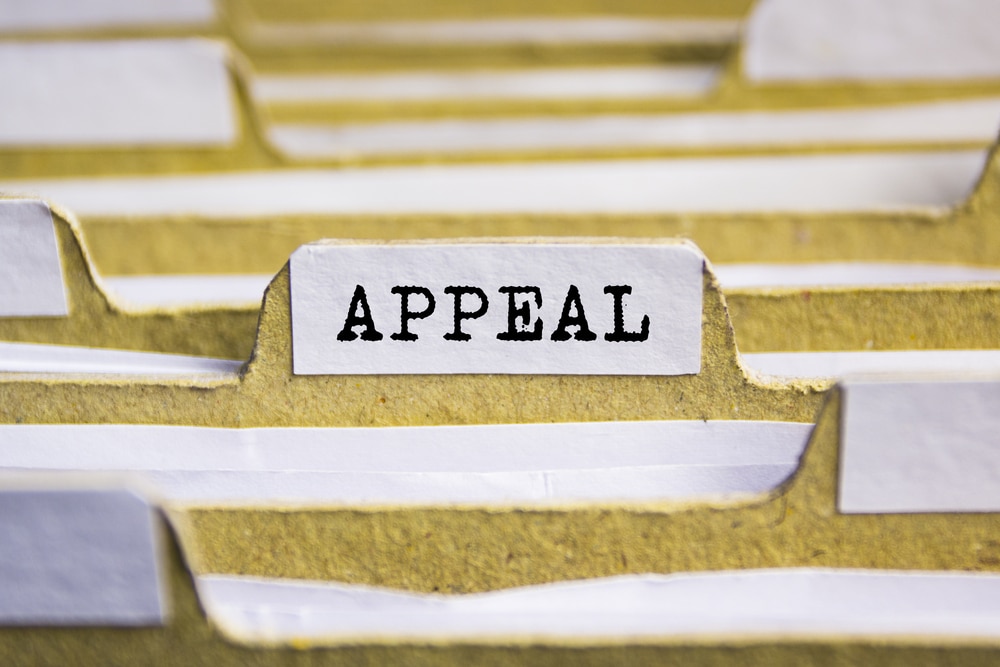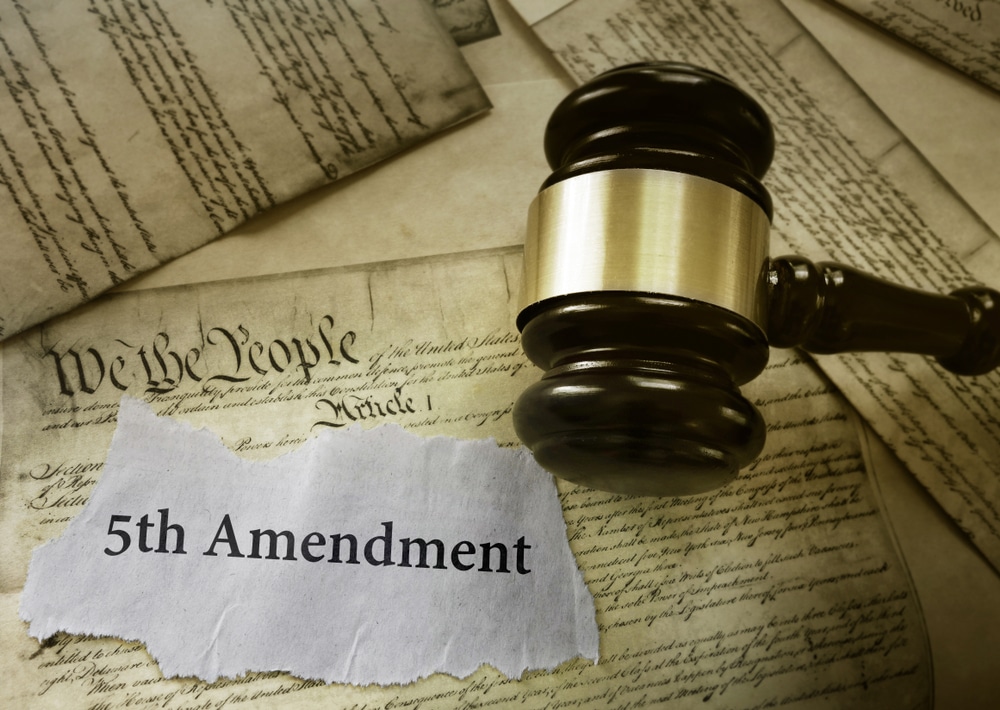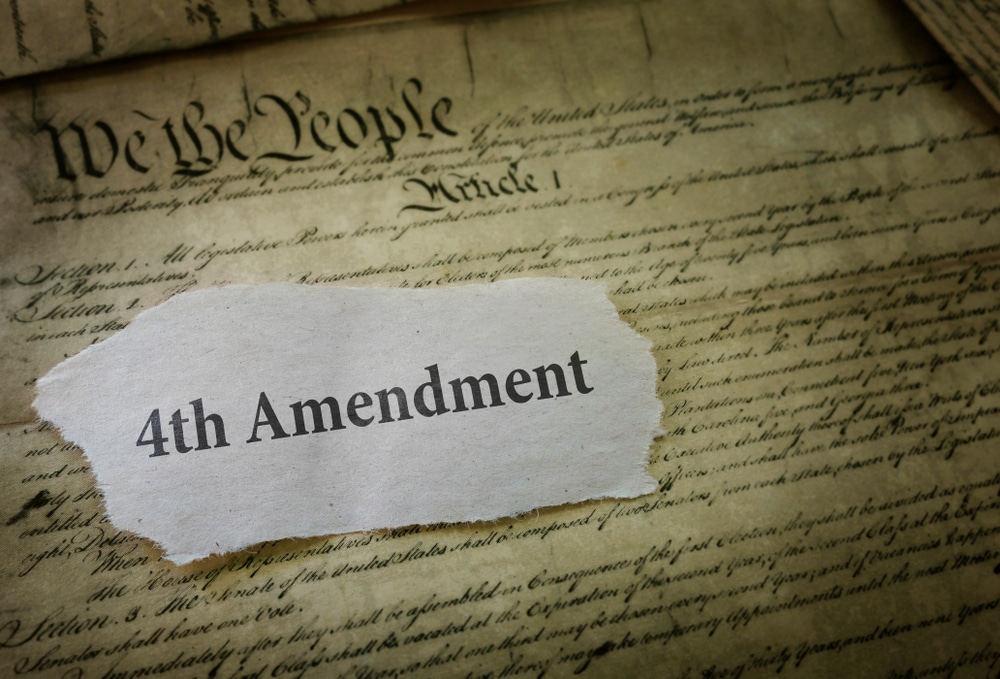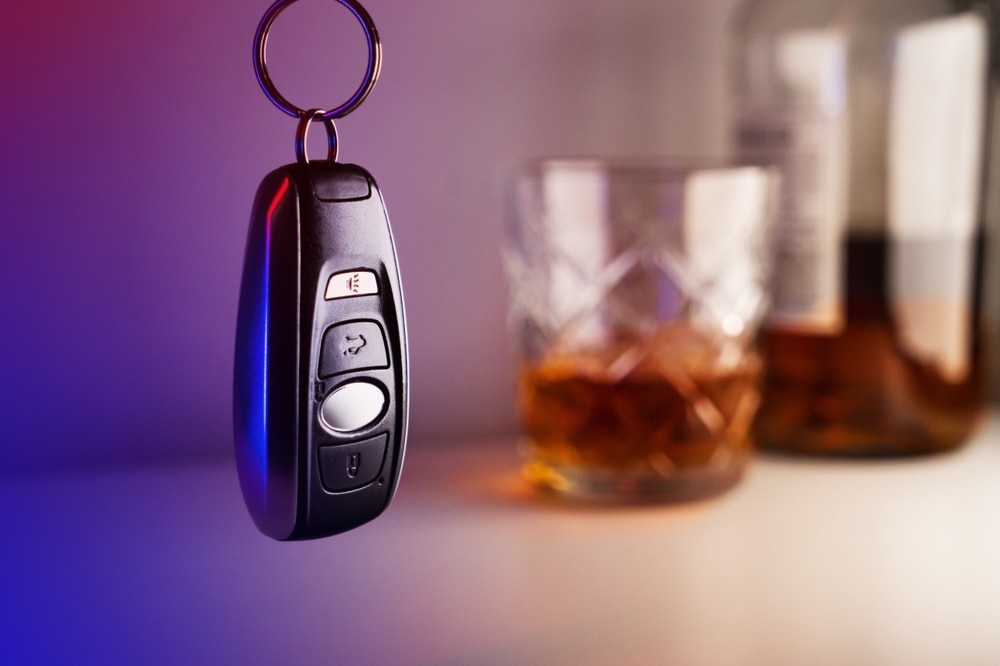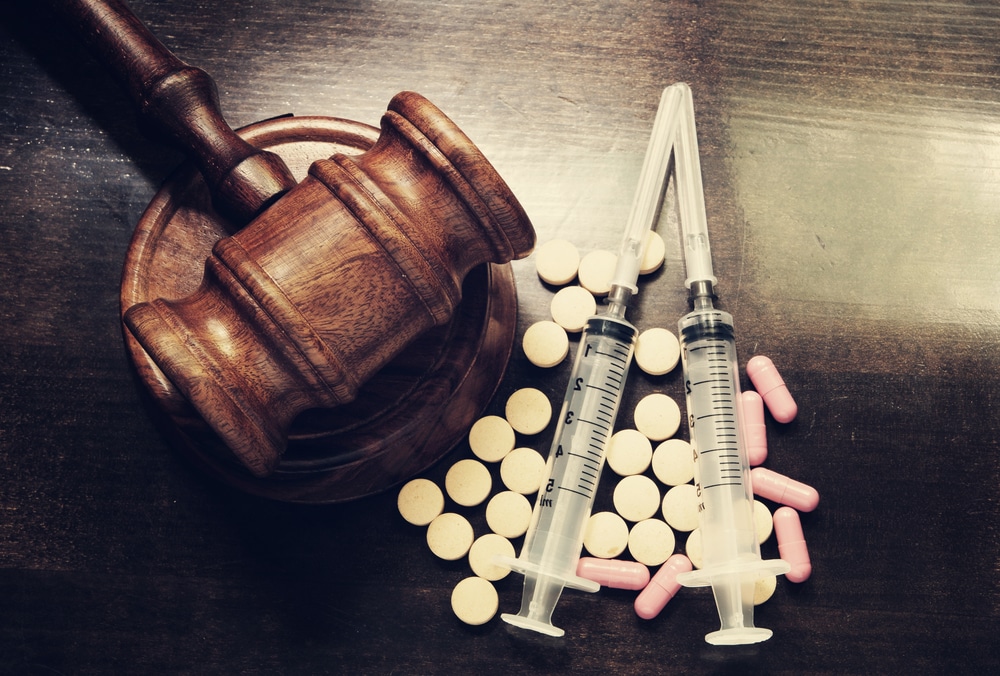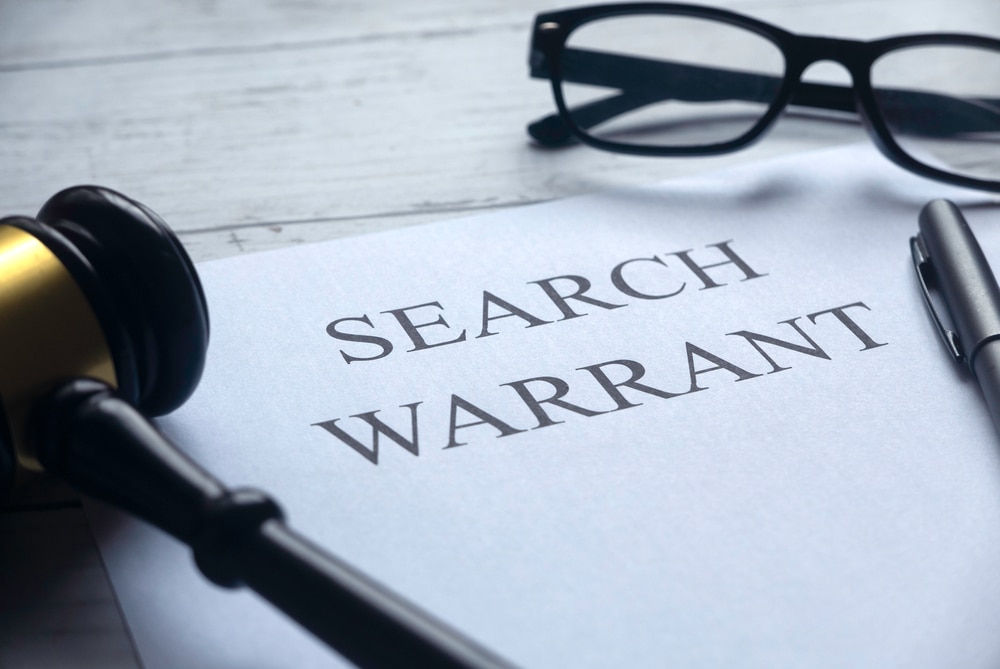Every client D’Emilia Law has represented is unique. Their common thread is they all have family and friends who love and care for them, and those folks are often the ones who called the criminal defense lawyers D’Emilia Law.
D’Emilia Law prides itself on unmatched client service and one question we’re often asked by clients’ relatives is what they can do to help. Below are some steps you can take to lend your support and help you achieve some peace of mind.
- Immediately contact a criminal defense lawyer and build trust. It is difficult to trust someone new when your life and the life of your loved one is being upended, but a criminal defense lawyer will not pass judgment. The lawyer is there to be a source of comfort and lift the burden off the family. The defense is now the lawyer’s issue, and it is your job to be as strong as possible.
- Provide an alibi. If the defendant is genuinely falsely or wrongly accused, then document an alibi with every detail you can recall as quickly as possible. Include what you and the defendant were doing at the time of the incident, where you were and for how long. Be as descriptive as possible and submit to the lawyer ASAP.
- Secure bail. Whether it’s cash or some other collateral, do your best to get your loved one out of jail so that he or she can hire a criminal defense lawyer.
- Introduce witnesses to the defense lawyer. If you have insider knowledge of the location of the incident and the people involved, tell the lawyer. From there, the lawyer will be able to strategize faster than the prosecution by visiting the scene and talking to witnesses. Advance knowledge of this sort of special information could make a huge impact on the success of the defense.
- Close the inner circle. Many people understandably need support from those around them. But the phrase “keep it in the family” comes to mind — it’s difficult but necessary. Alert your close family and friends of the arrest, but stop there. Do not vent to the people you know in passing, and if they approach you about the arrest, just keep the conversation short. A polite response is: “It’s a challenging time, but we’ll get through it. Thank you for your concern.” Do not discuss the arrest or case with anyone outside your (small) inner circle.
- Shut down social media. Rumors spread fast in your neighborhood and even faster on the web. Further, avoid the urge to tell the world about what’s happening in your life and do not opine on anyone’s guilt or innocence. Take down your social media profiles or make them inactive and hidden.
Everything you or your loved one has ever posted has been memorialized and can be spun by social networks, the media, and the prosecution. Unrelated images from years ago may exist where the defendant was trying to look tough, strong, or intimidating. Think of all the defendants you’ve seen in recent years, beyond their mugshots. There are still images available from their social profiles, for example where they are holding a prop gun or looking dangerous in a room full of cigars and smoke. These can effortlessly paint unflattering pictures and if they surface, it can and will be used to tarnish the defendant’s reputation.
Sticking to the tips above and keeping quiet is the best course of action. And as previously discussed, D’Emilia Law maintains that an arrest is not the end of your life. A strong and strategic defense can keep you out of jail and reduce your charges and fines.

